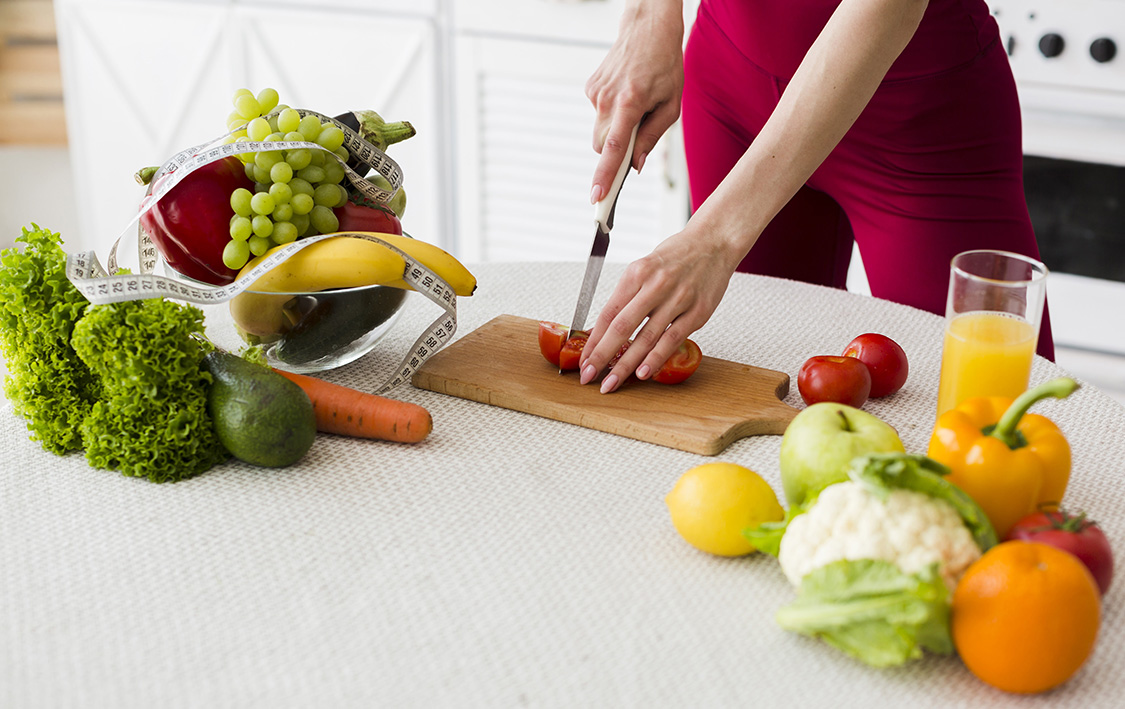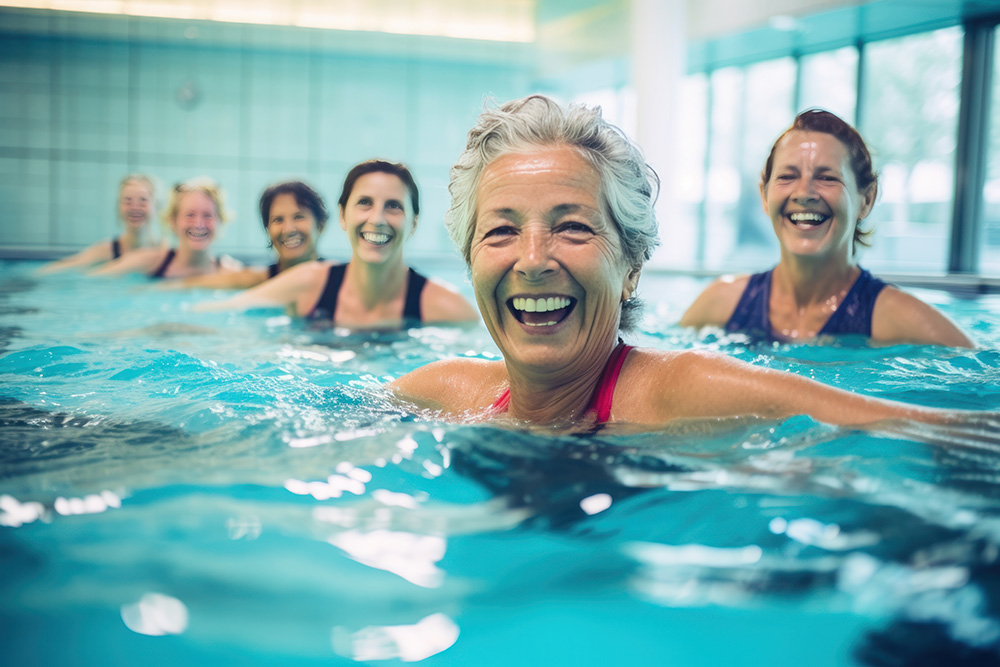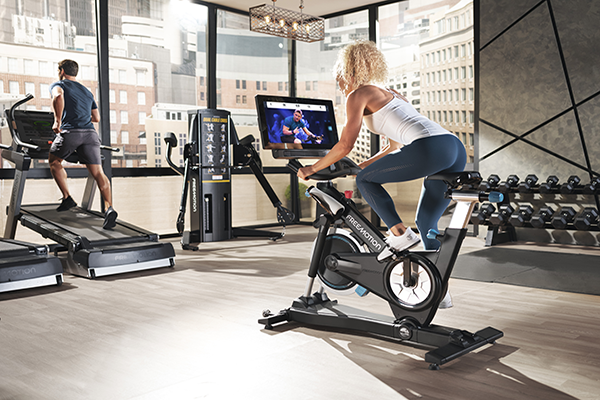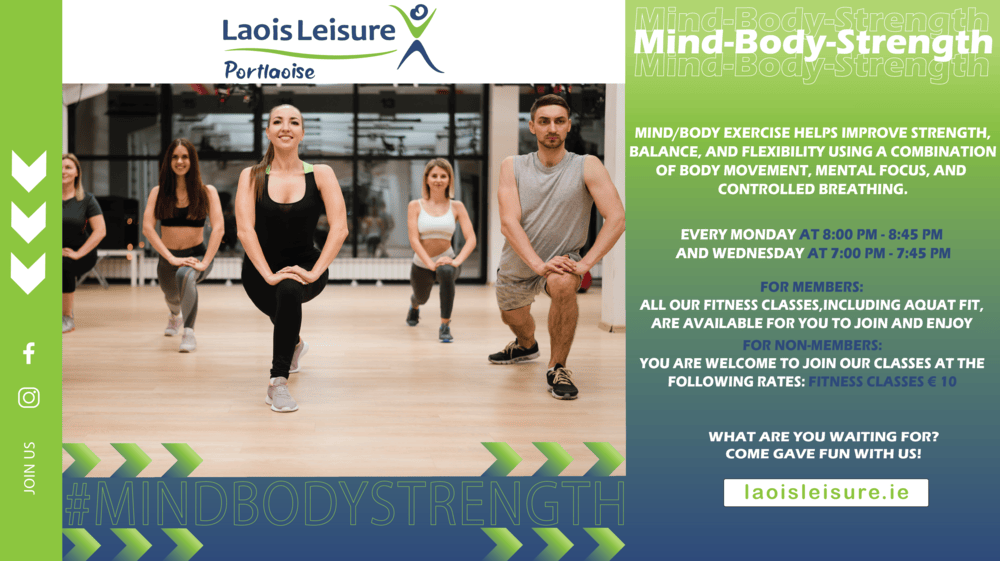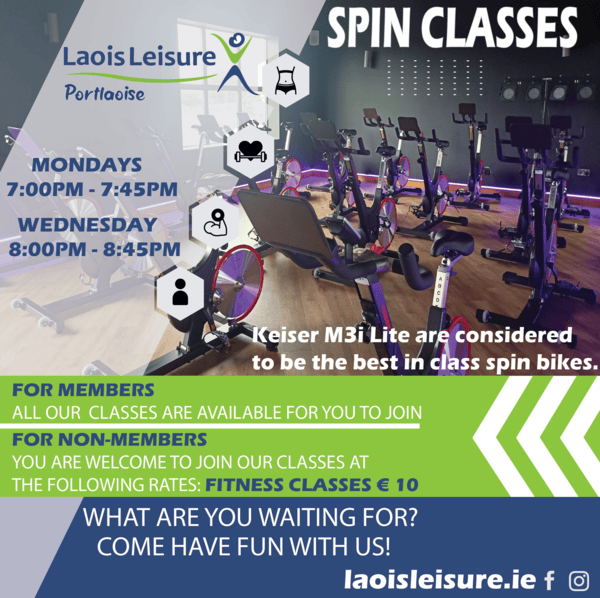Meal prepping is a fantastic way to ensure you eat healthy, balanced meals even when life gets busy. For beginners, it may seem overwhelming, but with a few simple steps, you can make it an easy and sustainable habit.
Eating healthy is one of the most important steps you can take to improve your overall well-being. A nutritious diet fuels your body, supports your immune system, boosts energy, and helps prevent chronic diseases like heart disease, diabetes, and obesity.However, with so much conflicting information out there, it can be hard to know where to start. This guide breaks down the basics to help you make smarter choices and maintain a balanced diet.
Meal prepping helps save time during the week, reduces stress around cooking, and ensures you have healthy meals readily available. It is also budget-friendly since it cuts down on impulse purchases and takeout. Most importantly,meal prepping gives you more control over the nutrition of your meals,helping you maintain a balanced diet.
Effective Meal Prep Tips for a Stress-Free Week

Maintaining a healthy diet can be challenging when you have a packed schedule. Between work, family responsibilities, and social commitments, it’s easy to resort to fast food or skip meals altogether. However, with a little planning and smart choices, you can nourish your body without compromising your time.
Here are some tips to help you organize your healthy meal prep for a more enjoyable week:
1. Plan Your Meals in Advance
Taking a few minutes to plan your meals for the week can save you time and prevent unhealthy last-minute food choices. Consider meal prepping on weekends by cooking in batches and storing portions in the fridge or freezer.
2. Keep Healthy Snacks on Hand
Busy schedules often mean long hours between meals. Stock up on nutritious snacks like nuts, yogurt, fresh fruit, or protein bars to keep your energy levels up and avoid unhealthy cravings.
3. Opt for Quick and Nutritious Meals
Not every meal needs to be complicated. Simple meals like salads, grain bowls, or wraps with lean protein can be prepared in minutes. Keep ingredients like pre-cut vegetables, canned beans, and whole grains handy for easy assembly.
4. Use Time-Saving Kitchen Tools
Invest in kitchen gadgets like a slow cooker, air fryer, or blender to prepare meals quickly. These tools can help you make healthy dishes with minimal effort.
5. Listen to Your Body
Even on a tight schedule, prioritize balanced meals with proteins, healthy fats, and complex carbs. Avoid skipping meals, as it can lead to overeating later. By making small, sustainable changes, you can maintain a healthy diet even with a hectic lifestyle. Eating well doesn’t have to be time-consuming—it just requires a little planning and smart decision-making.

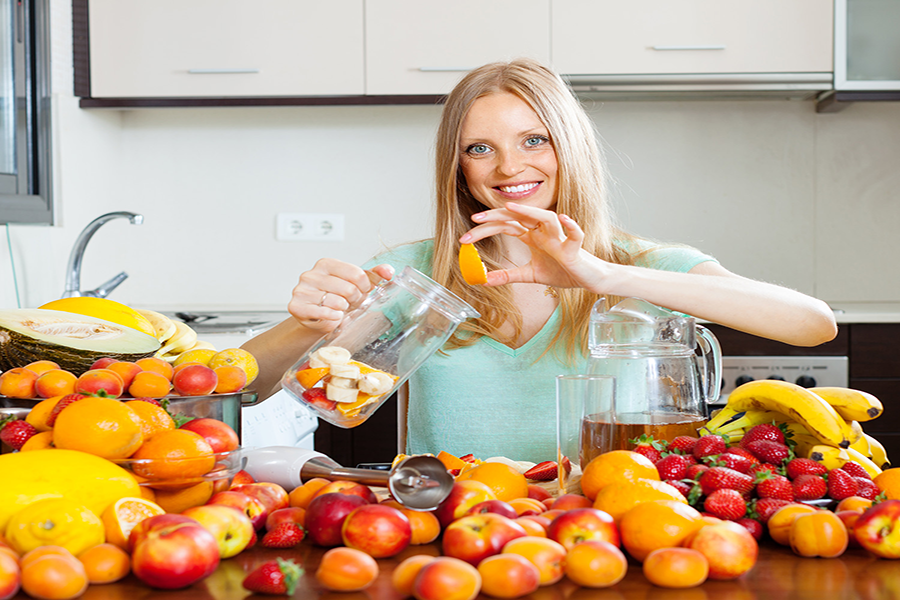
Why Hydration Matters
Your body is made up of about 60% water, and it uses fluids to perform vital functions such as transporting nutrients, maintaining organ function, and eliminating waste. Dehydration can lead to fatigue, headaches, poor concentration, and even more serious health issues. Ensuring you're properly hydrated helps you feel your best both physically and mentally. Staying hydrated is crucial for maintaining overall health, but it’s about more than just drinking water. While water is essential, there are other ways to keep your body hydrated and avoid dehydration, especially if you're busy, active, or live in a hot climate.Hydration plays a key role in regulating body temperature, supporting digestion,improving mental clarity, and keeping your skin healthy.
Beyond Water: Other Sources of Hydration
Eat Hydrating Foods Many fruits and vegetables have high water content, which can help you stay hydrated throughout the day. Some excellent hydrating foods include:
- Cucumbers (95% water)
- Watermelon (92% water)
- Strawberries (91% water)
- Lettuce (95% water)
- Celery (95% water)
These foods not only add variety to your diet but also provide essential vitamins, minerals, and fiber while keeping you hydrated. Drink Herbal Teas and Infused Water Herbal teas (like peppermint or chamomile) and fruit-infused water are great alternatives to plain water. These drinks are refreshing and can add flavor without added sugars or caffeine, making it easier to stay hydrated throughout the day. Coconut Water Coconut water is a natural source of electrolytes such as potassium and magnesium, which are essential for maintaining fluid balance. It’s a great hydrating option after exercise or on hot days, helping replenish lost electrolytes more effectively than plain water.
